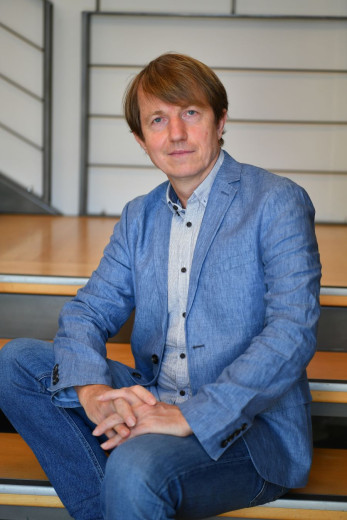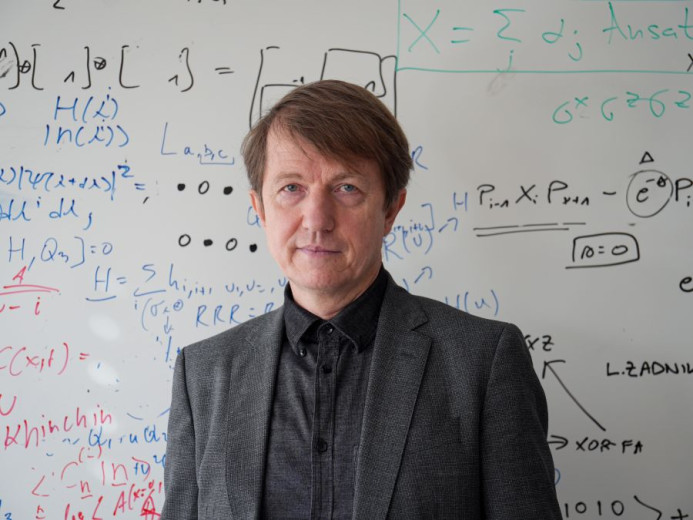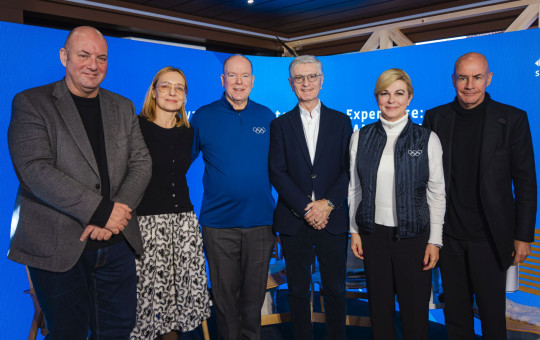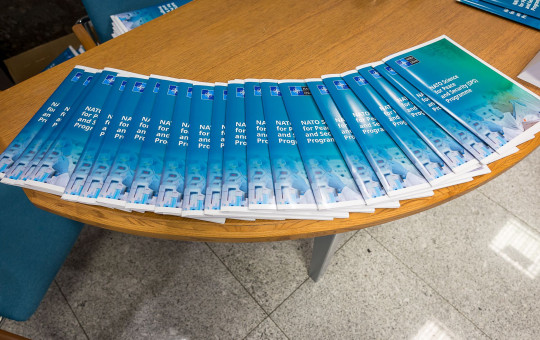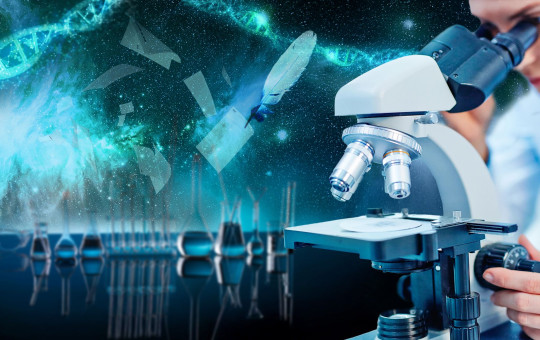Date: 12. April 2024
Time to read: 3 min
Slovenian mathematical physicist Tomaž Prosen, in collaboration with researchers from Google's Quantum AI lab, has achieved a groundbreaking milestone in the field of quantum computing. The team successfully conducted a quantum simulation of a quantum material and discovered a completely new type of transport in the process.
Their work marks the first practical application of a quantum computer, demonstrating its potential to revolutionize theoretical physics research. Utilizing the principles of quantum mechanics, quantum computers operate using quantum bits, or qubits, which offer significantly greater processing power compared to classical computers. Prof. Dr. Tomaž Prosen, a professor at the Faculty of Mathematics and Physics of the University of Ljubljana, describes quantum computers as the technology of the future.
Their research focused on simulating the dynamics of a Heisenberg spin chain, a model commonly used in quantum mechanics to study the magnetic properties of materials. Through simulations on a digital quantum computer with 46 superconducting qubits, they uncovered a new type of quantum transport, dubbed superdiffusive transport. The result goes partly beyond state-of-the-art simulations on classical computers and presents the first empirical evidence for a new universality class of quantum transport.
This discovery, which lies between traditional diffusion and ideal ballistic transport, sheds light on previously unexplored phenomena in quantum materials. The results not only confirm theoretical predictions by Prof. Dr. Prosen and his colleagues but also suggest the existence of a new universal class of non-equilibrium statistical physics.
Prof. Dr. Tomaž Prosen emphasized the significance of their collaboration with both the University of Ljubljana and the Google Quantum AI team in pushing the boundaries of scientific knowledge.
"Our research opens new doors in the understanding of quantum transport phenomena. I am proud of the collaboration with my colleagues at the University of Ljubljana that led to this achievement, and with the Google Quantum AI team, because together we have gone beyond the traditional boundaries of knowledge. This achievement not only marks a breakthrough in physics, but also confirms the potential of quantum simulations to address complex scientific questions", said the paper's lead author Prof. Dr. Tomaž Prosen.
The publication of their findings in prestigious scientific journals like Science reflects the University of Ljubljana's commitment to scientific excellence and innovation. According to Prof. Dr. Gregor Majdič, the Rector of the University, »such publications enhance the university's international reputation and foster collaborations on a global scale. Moreover, they contribute to technological progress with wide-ranging social and economic impacts.«


